Anyway, Tom and I ditched our final pre-Camino Saturday Clear Creek training session ( see "...And Lighten Your Pack" post from 8/25/2015) to drive to Chicago for the wedding of Jon and Asha, ...and where the tables were decorated with beautiful jeweled motifs: As Asha and her family are of Indian descent, incorporated into the rehearsal dinner was a traditional Hindu engagement ceremony. As soon as we entered the hall we were invited to dig into the delicious hors d’oeuvres, Vegetable Samosa and Vegetable Pakora._ After all the guests had arrived, many of the women dressed in traditional saris and the men in dhotis, Jon and Asha were led to the seats of honor. Then began the engagement ceremony during which the mothers, sisters, and aunties sprinkled the betrothed with scented water, showered them with rose petals, and laid at their feet traditional gifts of fruit, jewels, sweets and coconuts for fertility. The groom-to-be-was asked questions by the brothers of the bride to determine his suitability as a husband for their sister. ...followed by a heavenly dessert of tapioca pudding with pistachios and strips of coconut and a pastry that resembled doughnut holes swimming in a honey syrup. It was an awesome rehearsal dinner. The following day the guests were transported from the hotel by shuttle to beautiful old Covenant Presbyterian Church, a former Catholic Church built circa 1920 in Bucktown, Chicago. It was an inspiring ceremony during which the pastor reminded Asha, radiant and lovely in her traditional white bridal gown and veil, and Jon, handsome in a dove grey suit, to always clothe themselves in compassion and kindness. “Every morning when you wake up,” he added, “remember that you are your first project.” Good words of wisdom not only for a newly married couple but for everyone. After the wedding we returned to the ballroom of the Hilton Orrington for the reception, ... an evening of joyful celebration, ...wonderful food, ... and reconnecting with dear old friends. May we all always enjoy the memory of this beautiful night, PS...If anyone's interested, you can follow my new blog, "...And Lighten Your Pack" at www.andlightenyourpack.com. This blog will chronicle Tom's and my hike across Spain along the Camino de Santiago de Compostela. "Ailantha" will continue in November when we return from the Camino. God willing. 8)
5 Comments
In a week and two days from today Tom and I will be leaving for Spain to once again walk the Camino de Santiago de Compostela, the ancient Way that pilgrims from all over the world have been walking for over 1200 years. Though there are dozens of different Camino routes starting from various points around Europe and all leading to the destination of the town of Santiago in Spain, we will be following the most commonly walked route, And, on the subject of endings, this will be the last "Ailantha" post until I return from the Camino. However, starting today I'll be posting on a new website, "...And Lighten Your Pack", a chronicle of our trip starting with our pre-Camino preparations. So if anyone's interested, you can check out www.andlightenyourpack.com.
It should be up and running now. This post appeared on my Facebook page a few days ago: But apparently there are some traditionalists out there who believe that learning to pen those curved, loopy letters as a means of human communication should continue to be part of the standard academic curriculum. Not me. I celebrate the demise of cursive. And not just for the sake of future generations of young children who might be spared my childhood travails, but from the satisfaction derived from seeing an old nemesis vanquished. Back in the late 1950's to mid 1960's when I was an elementary school student penmanship, or the art of fine handwriting, was an academic subject held at the same level of importance as Reading Arithmatic, History, Geography, Science, English and every other required field of knowledge or skill. We were taught the Palmer method, the goal of which was for us to learn to reproduce on paper those graceful glyphs which at the time bordered the top of every blackboard in every school in the country. Alas, I could not conquer the Palmer method. No matter how I practiced - and I practiced a lot - my letters constantly strayed from their axis, listed left and right, dipped above and below the line, the lines separating and the loops closing, the whole mess smeared with the erasure marks or cross-outs of my many futile attempts. It would be over half a century later before it would be revealed to me that my inability with a writing utensil was likely due to a congenital weakness in the first joint of the index finger of my right hand. At the time the weakness in my joint was, I believed, perceived as a weakness in my character. In any case, I was pronounced sloppy. As with occasional rowdy behavior, boys could better get away with rowdy handwriting; boys weren't realistically expected to behave all the time or have neat handwriting. Girls were expected expected to do both. All the time. Good girls didn't get into trouble at school and, unfortunately, bad handwriting could get a girl into trouble back then, earning a public reprimand, even a smack on the hand with a ruler, and definitely a bad academic reputation. I believed that my teachers took my bad handwriting and sloppy papers personally. But they were just doing their job. Nor, apparently, was was my experience based on the fact that I went to a Catholic school; my husband Tom, who went public school, once told me that in elementary school his handwriting was so extremely beyond the acceptable pale that he was sent down to the principal's office and pronounced (but fortunately, only temporaily) learning disabled. But then high school came along for which I went to a private college preparatory girls' school where all of a sudden nobody cared about handwriting anymore. I marveled at the smart, high-achieving girls in my class whose handwriting was even worse than mine. I'm sure nobody even knew I had awful handwriting because nobody seemed to notice mine the way I noticed everybody else's. Classmates, teachers, nobody seemed to care about my handwriting. It was liberating. And so, in answer to the question posed on the above Facebook post as to whether we should keep cursive writing alive in the schools I say, nay I shout, "The tyrant cursive is overthrown! Long live the keyboard!"
And while I found Pastor Kai's explication of the text quite interesting and thought-provoking, I left our worship space with my mind not on the universal principals at play vs. the contextual issues of the Pauline Epistles, but rather on a story our pastor told during the course of the sermon on a recent experience he had at Chipotle.
Kai was out of town at a conference and during the noontime break he dashed off in search of a nearby eatery where he could find a quick lunch. He found a Chipotle and hurried into the restaurant. Maybe it was his haste in tandem with some confusing ambiguity as to exactly where the customer line ended, but Kai inadvertently jumped in front of two guys who by rights were ahead of him in line. And these guys let Kai know of his transgression in no uncertain terms. So Kai apologized and, duly humbled, took his place at the end of the line behind the two guys. The line moved along, and when it was the turn of of the guy ahead of Kai to pay for his food and the food of his friend, Kai saw the man reach into one pocket, then the other, then pat both back pockets. Kai recognized the painful scenario of a man who's hit with the awful realization that he's left his wallet at home. "Hey, no problem, I got it," said Kai, pulling out his own wallet and quickly moving to the men's rescue. At first the men refused Kai's offer, but finding themselves between the rock of having no money to pay for their purchase and the hard place of having to accept charity from some guy they'd just put in his place, opted for the least embarrassing alternative. Duly humbled, they accepted Kai's intercession. Now, the store manager was standing at the check-out counter and apparently had caught the whole episode between Kai and the two guys, and when it was time for Kai to pay for his food the manager waved him through. "Go ahead, you're good," said the manager to Kai. (I've since pondered the manager's choice of words to Kai. By "you're good" did the manager merely mean to indicate that Kai did not need to pay? Or was he also offering, perhaps without even realizing it, an observation on Kai's character?) So, for his good deed Kai was rewarded with a free burrito bowl. But that's not the end of the story. While Kai was still sitting in the Chipotle finishing his lunch the guy who'd been caught without his wallet returned to the restaurant with a checkbook in his hand. He hurried over to Kai's table and asked Kai what he owed him. Kai told him not to worry about it. The man tried again to repay his debt but Kai assured the man that he, too, was good. So the man left, and Kai finished the story with the comment that he wasn't sure how the man felt about having had to accept a free lunch from Kai. As for me, I can see several themes running through this parable: Humility. Empathy. Our common human vulnerabilities. The lesson in the words of the Joan Baez song Forever Young: "May you always do for others and let others do for you". But perhaps the most important lesson of the story is this: Always be patient with and nice to the people in your personal space; you never know when you might need them to help you out of a pickle. 8) My daughter and I were talking about the subject of yesterday's post, the New York Times article (that my daughter had warned me not to read, she'd found it so upsetting) by journalist Ruckmini Callimachi on how ISIS has abducted thousands of girls and women from the Yazidi minority in Iraq for use as sex slaves for their Islamic fighters.
"When have you read such a terrible story?" my daughter asked. And yet it wasn't impossible for either of us to imagine these ISIS recruits "from deeply conservative Muslim societies, where casual sex is taboo and dating is forbidden" enthusiastically embracing a theology that allows them to rape girls as young as 11 with God's blessing. "But what about the Islamic State women," my daughter wondered, "the wives of the ISIS fighters, their sisters, their mothers, the women who are around...how can they stand to watch what the men are doing to these girls?" Good question. What about the Islamic State women? Where are they in the picture? What do they think of the enslavement and sexual assault of the these girls? Maybe they're horrified beyond words. Maybe they think this is what unbelievers deserve. Maybe they turn a blind eye. Maybe they pretend the enslaved girls don't exist. Maybe they don't care. Maybe they do. Maybe some of them secretly help the Yazidi girls and women in any way they can. Maybe some of them have the jobs as jailers, guards, administrators and facilitators. Maybe it tears the hearts out of some of them to see girls younger than their own daughters being raped daily. Maybe some of them prostrate themselves in prayer and console themselves that it's all God's will. One thing for sure is that it's beyond the power of any Muslim woman in Iraq or Syria to stop what's being done to the Yazidi girls. There was another article in yesterday's Times about the three British school girls who ran away to Syria last February to join ISIS. Shortly before she left one of the girls wrote in a twitter post referring to the Islamic State: "Hearing these stories of sisters being raped makes me so close to being allergic to men." True, the writer was only 16 years old at the time and so probably was not completely in touch with the harsh realities of life, yet maybe her response, a sort of "Oh-those-men-what-can-you-do-about-them" attitude reveals the mental mechanism by which the women in ISIS are conditioned to cope with the atrocities perpetrated by the men. Maybe it's the same mental mechanism that all women in such situations have always used to cope. On the other hand, the article points out that this girl and her two companions, as highly valued Western Muslim women, would receive very different treatment by ISIS than the Yazidi girls. Those three British girls have now been with ISIS for six months. I wonder what they think now about the Yazidi girls and the men who enslave and assault them? I wonder if at this point they have any room left in their minds to ponder any girl's situation besides their own? References: 1. "Enslaving Young Girls, The Islamic State Builds A Vast System Of Rape," Rukmini Callimachi, The New York Times, August 14, 2015. 2. "Jihad And Girl-Power", Katrin Bennhold, The New York Times, August 18, 2015. My daughter called me last Friday and warned me not to look at that day's New York Times. "Trust me," she said, "there's a story that will make you really upset. You'll wish you never knew about it." I told my daughter that I'd be sure not to read Friday's New York Times, but later in the day, probably because the paper was sitting in the same spot on the kitchen table where we toss it every morning when it arrives, I forgot and proceeded, by habit, to peruse the headlines. And I immediately knew exactly which story, there on the front page, my daughter was warning me not to read: "Enslaving Young Girls, The Islamic State Builds A Vast System Of Rape; Militants Use Practices as Recruiting Tool While Claiming Quran's Support" The article tells of how the Islamic State In Iraq and Syria has proclaimed the enslavement and rape of girls of as young as 11 from the Yazidi minority in Iraq to be a religious practice, a tenet of their theology and pleasing to God. Because the Yazidis are considered unbelievers by ISIS, each sexual assault against one of their girls is considered not only justified but an act of worship, "spiritually beneficial, even virtuous." This is what Islamic fighters, convinced of their own goodness as they prostate themselves in prayer before the act, have told their victims before assaulting them. My daughter was right. That's a horrific story. And it provokes all the more outrage because this terrible crime against these girls and women is being done in God's name. Which is also what makes the situation so hopeless. Because no matter how abhorrent and contrary to human decency - not to mention how illogical - a behavior or mindset might be, people will cling to almost anything that they believe fulfills the will of God. Thus people will stand up for, fight for, have been known to martyr themselves for their religion, even when the rules of their religion run contrary to their own well-being or the well-being of their children, not to mention the well-being of others. So there's no talking, arguing, fighting, negotiating, or persecuting someone out of their deeply-held religious beliefs. And yet sometimes people's minds and hearts do change on their own. Aside from the personal sustenance - and sometimes, sadly, personal profit - people draw from their relationship with God, religion has given people the strength, courage, and conviction to do much good in the world. But it has also given people what author Oliver Sacks has called a harsh "capacity for bigotry and cruelty". I believe that everyone, no matter how devout and no matter deeply-held their life-long convictions, needs to question their religion from time to time, even, especially if one's religion discourages questioning its rules and dogma. Does your religion teach that your religion is the only way to know God? Question it. Does your religion teach that all beliefs outside your religion are wrong or false? Question it. Does your religion teach that God prefers your religion over every other religion? Question it. Does your religion discriminate against particular groups of people based on their race, ethnicity, religion, gender, or sexual orientation? Question it. Does your religion teach that some people are less deserving of human rights than you? Question it. Does your religion teach that you are better than those outside your religion? Question it. Does your religion have rules so hard and inhumane and unreasonable that nobody could possibly keep them? Question it. Does your religion have strict rules about things that God couldn't possibly care about? Question it. Does your religion teach that some people are above the laws of human decency because of their religion or their status within their religion? Question it. Does your religion teach that God places ritual above behavior? Question it. Does your religion teach dogma that you yourself find mean, unjust, unkind or just plain senseless? Question it. Does your religion paint God as harsher on, more demanding of, and more judgemental of others than you yourself are? Question it. Does your religion teach beliefs that go against your own mind and heart? Question it. As for me, I come from a deeply religious background and I've had 18 years of religious education, from elementary school through college. I've read the Bible almost from cover to cover. I attend religious services weekly and have listened to and taken notes on years' worth of scriptural exegeses on God's relationship with us. I've questioned and questioned and questioned my religion until I've distilled my beliefs into my own religion, for all I know shared by no one else but me, that has only two rules of dogma, and even these Two Commandments I have a hard enough time keeping: 1. Be kind to everyone. 2. Be the best person you can be. That's my religion and, I believe, God's will. Though I question still. References:
1. "Enslaving Young Girls, The Islamic State Builds A Vast System Of Rape," Rukmini Callimachi, The New York Times, August 14, 2015. 2. "The Sabbath", Oliver Sacks, The New York Times, August 16, 2015. When I came down this morning they were floating right in the middle of the living room. Usually they tend to drift from one corner to the other of the far end of the living room, though they do sometimes meander into the dining room or, as they must have been inclined to do last night, into some random spot in the living room. I generally let them roam where they will, from time to time cutting away one that's dragging on the ground, thinning the bouquet as the helium-blooms wilt one by one. These are the still-afloat left-overs from the batch of balloons I bought from the Dollar Tree last June 13 to use as decorations and give-away party favors for the party we threw to celebrate the birthday of a loved one who was visiting us from far away.
But I suppose this also begs the question: who'd want to keep left-over part balloons floating in their living room per omnia saecula saeculorum amen? * (Sigh). Me. I like having the balloons floating around my space. Because when I see them my mind still catches glimpses of the happy occasion for which I bought them. My loved one lives 2,200 miles away but I still have my memory balloons, at least for a while longer. *For those who didn't attend Catholic school in the 1950's, this means "forever" in Latin. Last Saturday morning, on a scale from crummy to great, I woke up feeling so-so thanks to the virus I've been infected with which, because it's basically a zombie as all viruses by nature are, just won't die (see yesterday's post) and after almost two weeks of laying siege to my personal real estate has yet to grow tired enough of me to leave me alone and go invade somebody else. But anyway, my friend Linda suggested going outside and getting some sunshine to knock out that virus. And though I think my friend was confusing viruses with being vampires instead of zombies, I took her advice. And, while all the vitamin-D- enfused rays I soaked up during my walk didn't exactly atomize my virus (as they would have done if viruses were in fact vampires), Tom and I did have a nice walk through lovely Gahanna. We set out from home in the middle of the morning and proceeded to walk south .....after which we were able to turn off and make our way through the neighborhoods that eventually brought us to the part of town known as Olde Gahanna (used to be just old Gahanna before it became Olde Gahanna), a pretty neighborhood of clapboard and brick houses with a country feel, ...contiguous to a small commercial center also called Olde Gahanna or, interchangeably, downtown Gahanna. We headed to the center of interest and activity of downtown Gahanna, the area known as Creekside, so called because it overlooks the Big Walnut Creek: The hub of Creekside is a plaza of fountains bordered by restaurants and luxury apartments: After several turns around the plaza we descended to the park along the creek and we walked along the walking trail, We walked along Olde Ridenour Road, Had I been in good enough form to walk another mile we'd have cut through the neighborhood on the other side of McCorkle park then wound our way back to Olde Ridenour Road to a beautiful wooded area behind Laurel Ridge where there is another walking/bike path. But I was ready to turn back. And it was lunch time. ...to the Creekside Cafe (see post from 5/28/2015),
I've read that a virus is not exactly a living thing. But it's not exactly a not-living thing, either. It's somewhere between a living thing and a not-living thing. In other words, a zombie. Which is why, though a virus can kill you, you can't kill it. All you can do is throw vitamin C, Tylenol, cups of hot tea and bowls of chicken soup at it (none of which it supposedly likes) and hope it eventually goes away, which it usually does eventually, though sometimes not before inviting some of its bacterial infection buddies over to party in you, which to try and prevent the virus from doing your doctor may give you antibiotics which of course have no effect on your zombie virus and which, if if you don't finish all your prescription of, may quell your symptoms but will allow the strongest of the bacterial buddies to not only get away alive and scott-free but to go invade someone else, proliferate and spread in a now antibiotic-resistant state all because you, along with millions of other other people who understand how antibiotics work no better than you do, didn't finish your prescription. But that's only if you didn't finish your prescription. Which hopefully you did.
But I digress. Anyway, the particularly insidious zombie microbe which I refer to as My Cold ("Ouuuu, summer colds are the worst!" sympathetically tsks everyone I meet) and under which my body parts have been attack since the night of Friday, July 31, seems in no particular hurry to be done with me and depart for the nether regions from which it arose. (Which begs the question: where do viruses come from? I mean, besides other people? And while we're on the subject, anybody who's been to the movies in the past 20 years knows that humans turn into zombies from catching a virus, but how did viruses turn into zombies?). The mega-doses of vitamin C that I lob at this invisible zombie invader seem no more effective than bullets bouncing off Godzilla, though my virus does seem to be morphing on a daily basis. One day I'll be coughing up a lung, the next day merely blowing my brains out through my nose. Another day I'll spend plodding along in that tired, achy, indescribably crappyesque state that my mother the nurse used to call general malaise. There've been a couple of days I've felt like the living dead. As I write this I'm nursing my standard night-time headache and sore throat. If only someone could figure out how to shoot the brains out of a microbe. We can't save every child on the planet. But every now and then an opportunity comes into our life that calls to our heart to do what we can to help a few of these little ones in need, the suffering ones, the most helpless and vulnerable ones. Yesterday my heart heard the call and felt the tug when a beautiful young Afghan girl named Pashtana Rasol came to my church, Peace Lutheran, to share her story. 13 years ago when she was 8 years old Pashtana's father was murdered by the Taliban. Her mother fled with Pashtana and her younger sister to Pakistan and, unable to care for her children, left them in an orphanage for Afghan refugee children.
Pashtana told us about seeing the orphanage for the first time. "When I entered this place I just sat down on the floor. I was astonished to see all these children. Playing. Learning." Pashtana was amazed that children of all different tribes, Pashtun, Hazara, Pashae, Uzbek, Kuchi, Tajik, were playing together, learning together, living together and caring about each other like brothers and sisters. And, as she soon learned, this was a place that offered the children more than a basic Afghan education. This was a place that offered art, languages, music, drama, sports, opening a new world to these children where they could blossom physically, intellectually and culturally. And for girls, most importantly, this was a place where they could learn independent thinking and leadership skills. "In Afghanistan women can take no responsibility for their lives," Pashtana explained to us. She told of how the women in her country are ruled by the men. And the men, sadly, are ruled lack of education and crushing poverty. "And so everyone is hopeless," she said. But at the orphanage boys and girls were being educated and the girls were being taught to be leaders. "At the orphanage it's very democratic." And so Pashtana immersed herself in her studies, worked hard and rose to the top of her class. Meanwhile Andeisha Farid's orphanage was getting international recognition and was taken under the wing of CharityHelp International for the purpose of raising financial support. Ms. Farid named her organization The Afghan Child Education and Care Organization. "Then," Pashtana told us, "we were ordered out of Pakistan by the government, and the orphanage moved back to Kabul in Afghanistan." But with international funding from corporations such as Goldman-Sachs Ms. Farid has been able to open 10 more orphanages in Kabul and other cities. And, through her association with CharityHelp, she is able to collect private donations and sponsorships for individual children. One of these sponsorships by a family in Connecticut went to Pashtana, and in 2010 she was invited by her sponsor family to come to America and spend 3 months with them. Pashtana threw herself into leaning English and returned to Afghanistan resolved to devote her life's work to AFCECO and bettering the life of Afghanistan's children, and through them the future of her country. "The other girls, they talk about getting engaged or married when they finish school. For me, I choose something else. To work for the children." Pashtana, now 21 years old, works as a Managing Director of the AFCECO orphanages in Kabul. She is also a business student at the University of Kabul. Each day she wakes up at 4 am to attend her classes, which start at 5 am. To get to the university she must share a taxi with a group of other women. A woman still does not dare to travel alone through the streets of Kabul where she risks being kidnapped or beaten. Pashtana attends classes from 5 until 8 am then travels from the university to the orphanage where she puts in a full day of work. Pashtana's peircing dark eyes burned as she spoke with passion about her life's calling. She repeatedly interspersed her description of her orphanage and the children with such words as "peace", "love", "caring", "sharing", "together", "hope". The AFCECO orphanages are dependent on donations, and unfortunately, corporate donations have been cut along with corporate cut-backs. And so this summer during her second visit with her sponsor family in Conneticut Pashtana has been traveling on a fund-raising mission, telling her story to groups such as ours at Peace. If you would like to make a donation to AFCECO or sponsor a child, you can do do so at www.afceco.org, from where you'll be linked to the CharityHelp International site. If you click to the One Time Donation page you'll be offered a number of options for where you'd like your donation to be directed, such as towards school supplies, physical activity supplies, bedding, etc. The option I chose was "safe, loving environment". *See post from 10/24/2013. |
"Tropical Depression"
by Patti Liszkay Buy it on Amazon: https://www.amazon.com/dp/B0BTPN7NYY "Equal And Opposite Reactions"
by Patti Liszkay Buy it on Amazon: http://amzn.to/2xvcgRa or from The Book Loft of German Village, Columbus, Ohio Or check it out at the Columbus Metropolitan Library
Archives
July 2024
I am a traveler just visiting this planet and reporting various and sundry observations,
hopefully of interest to my fellow travelers. Categories |


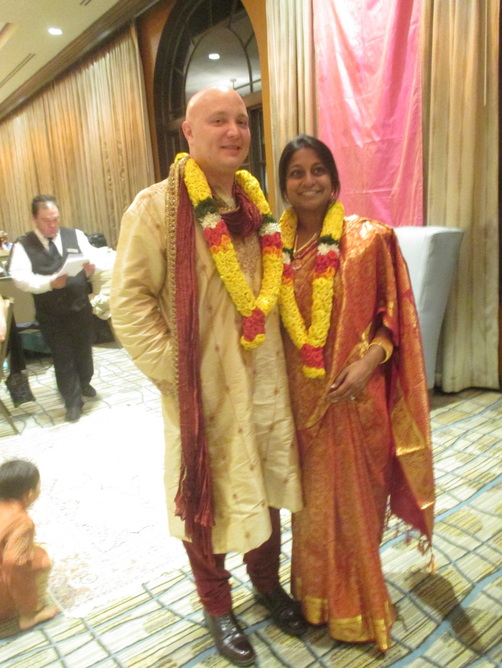
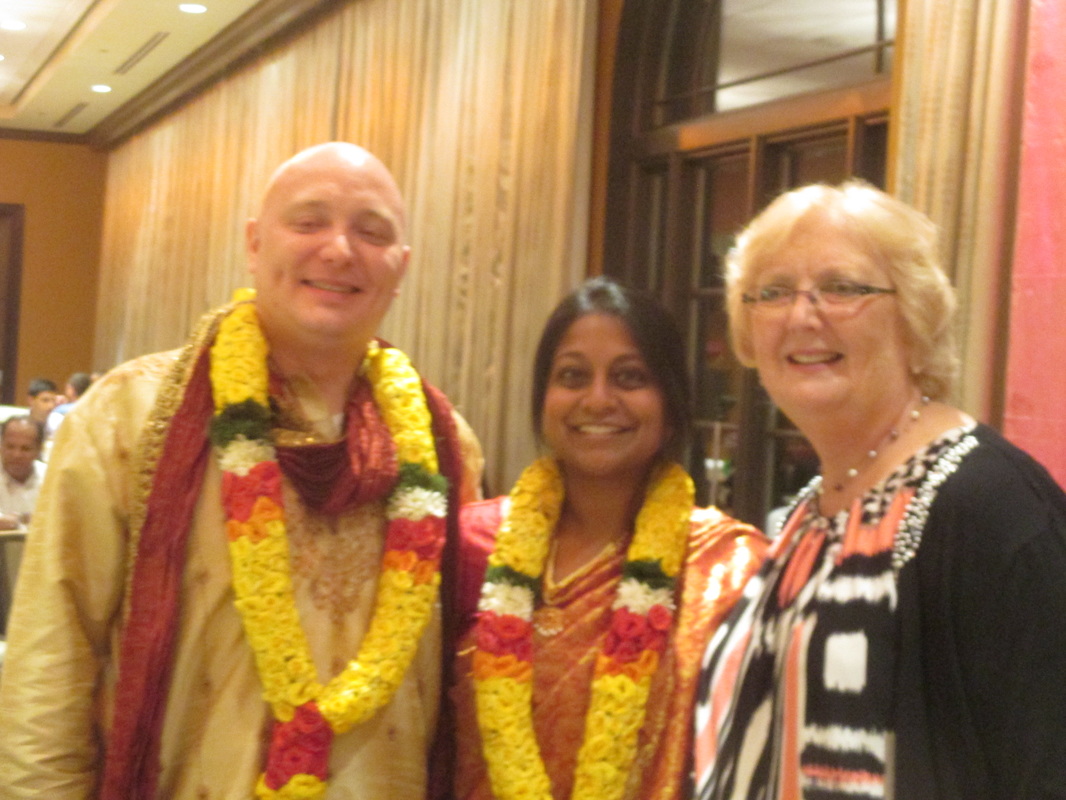

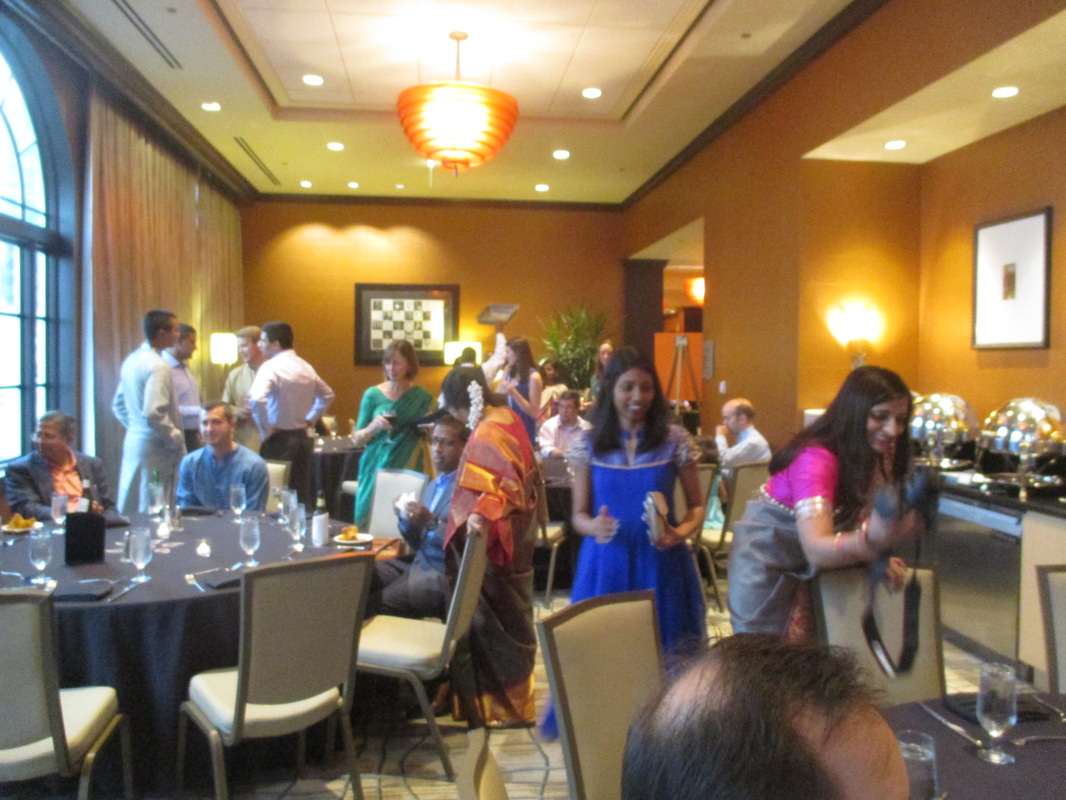
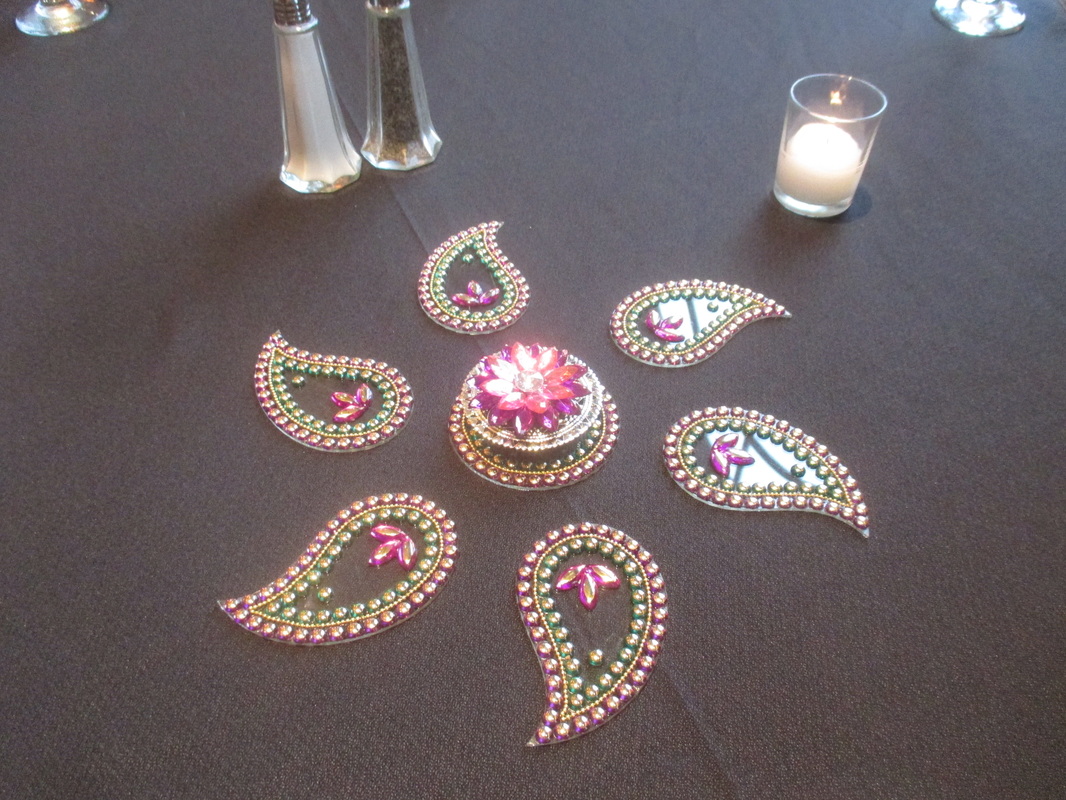
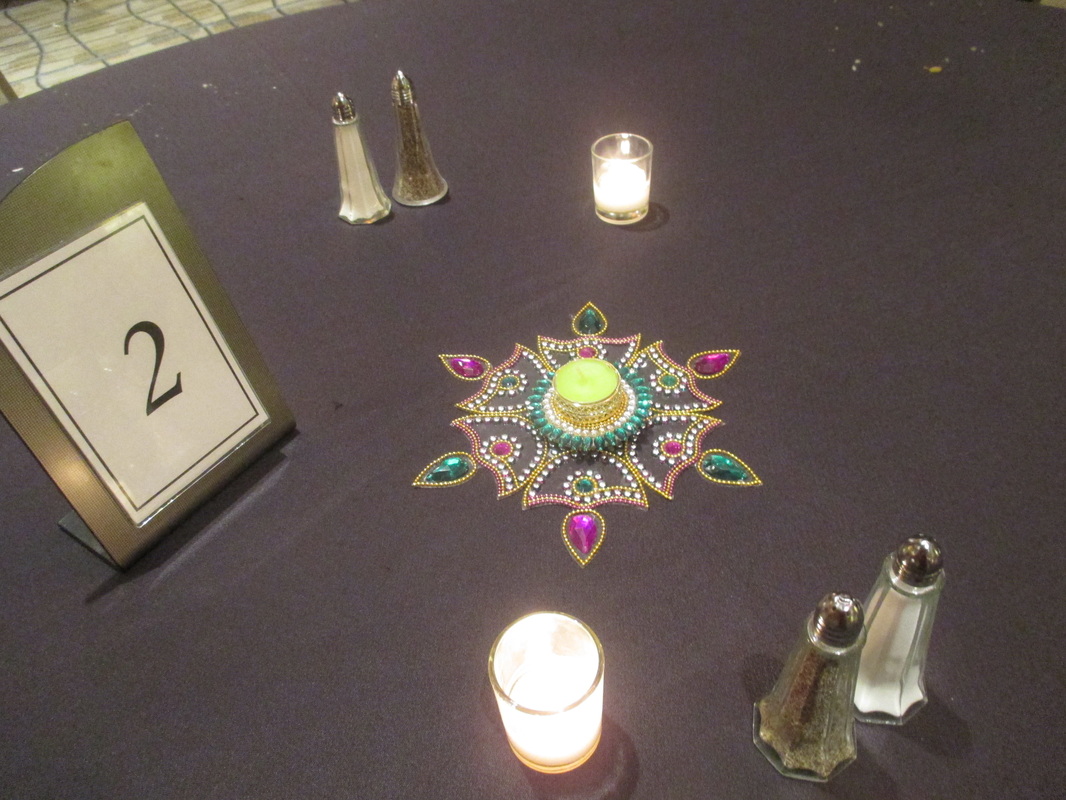

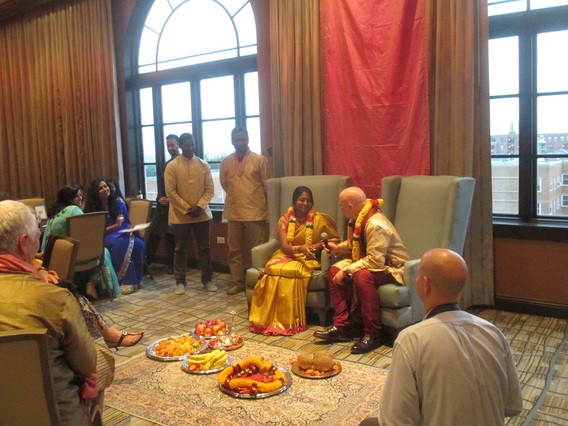
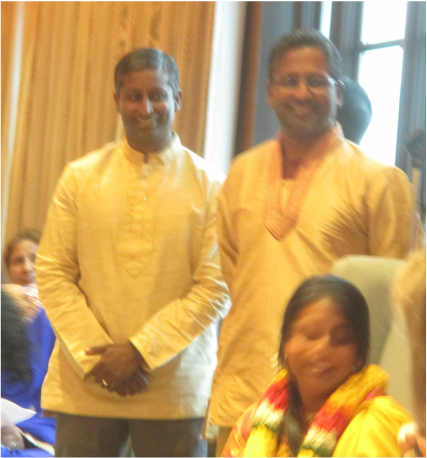
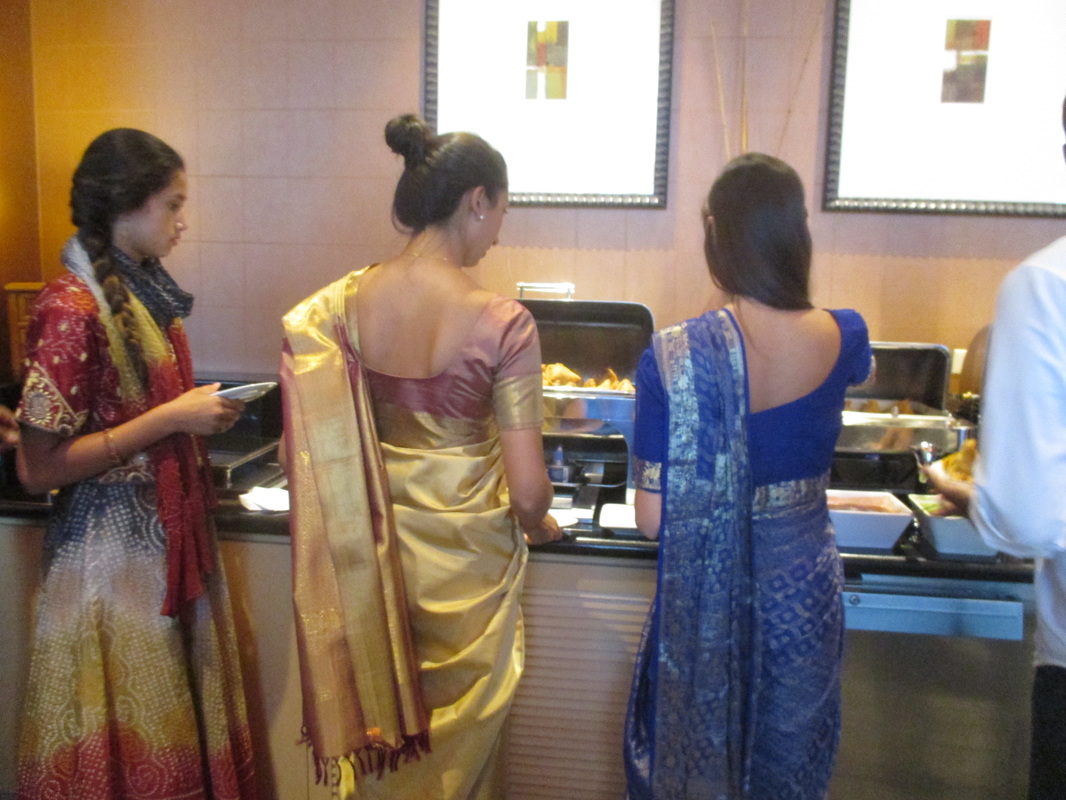
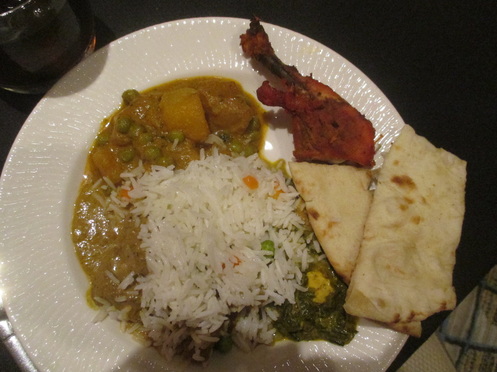



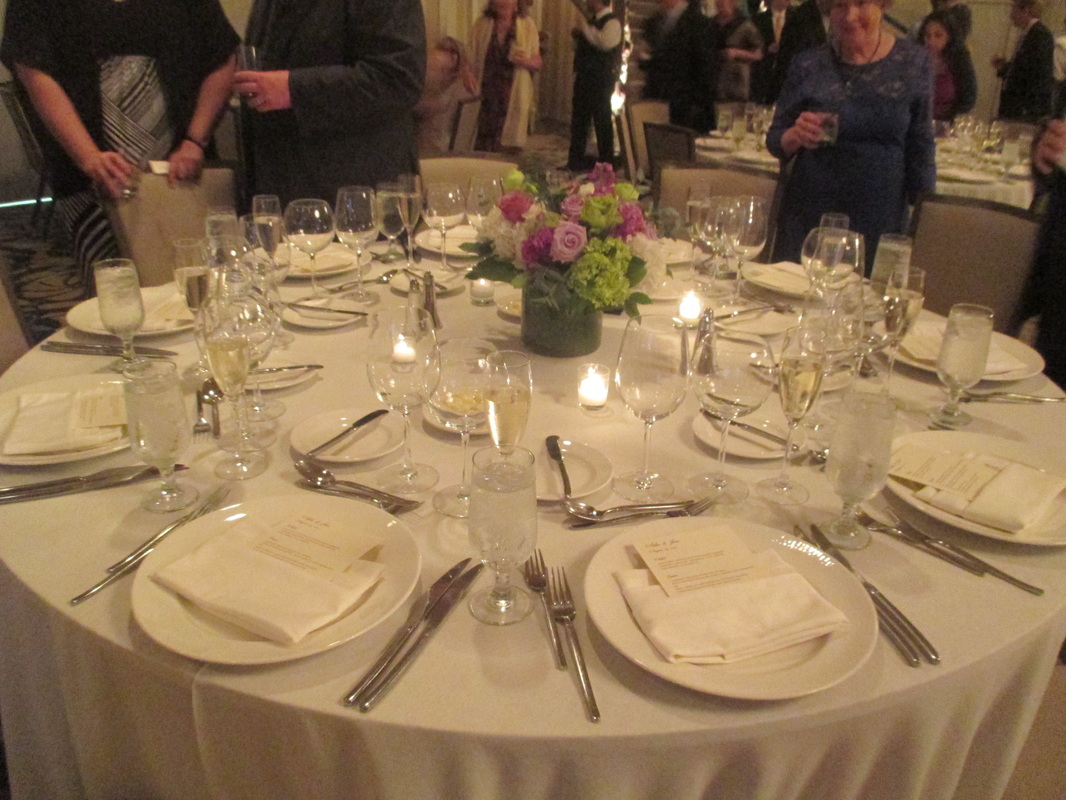

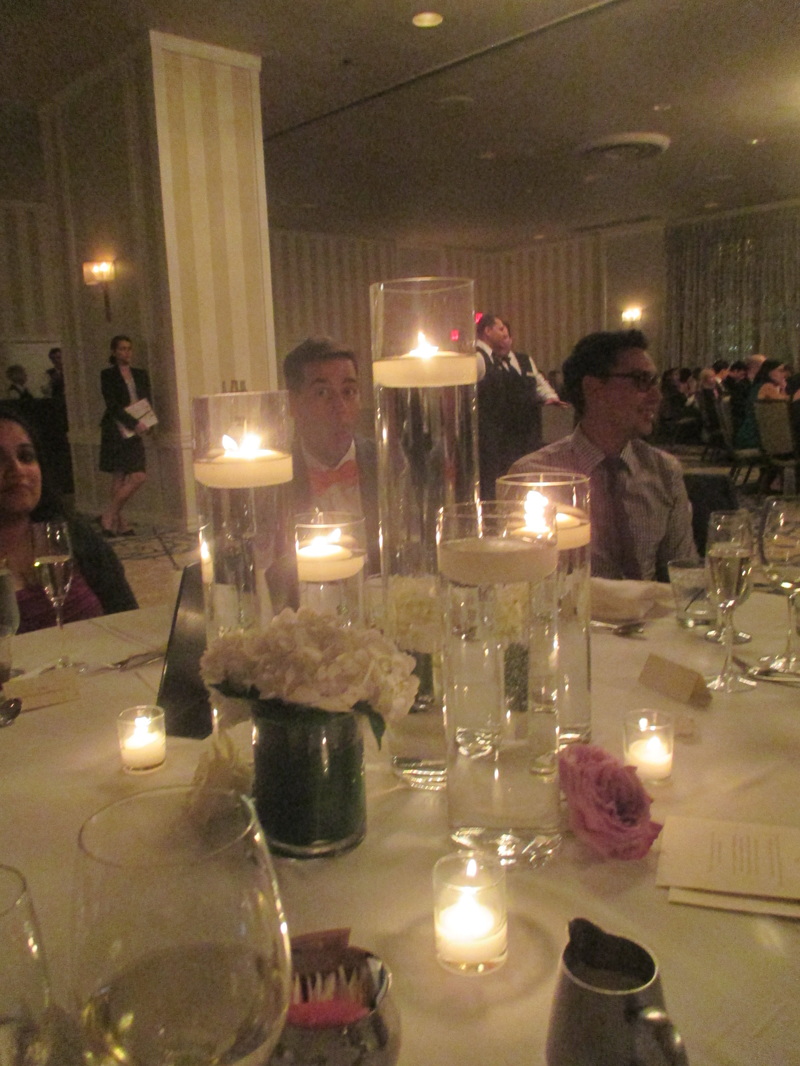
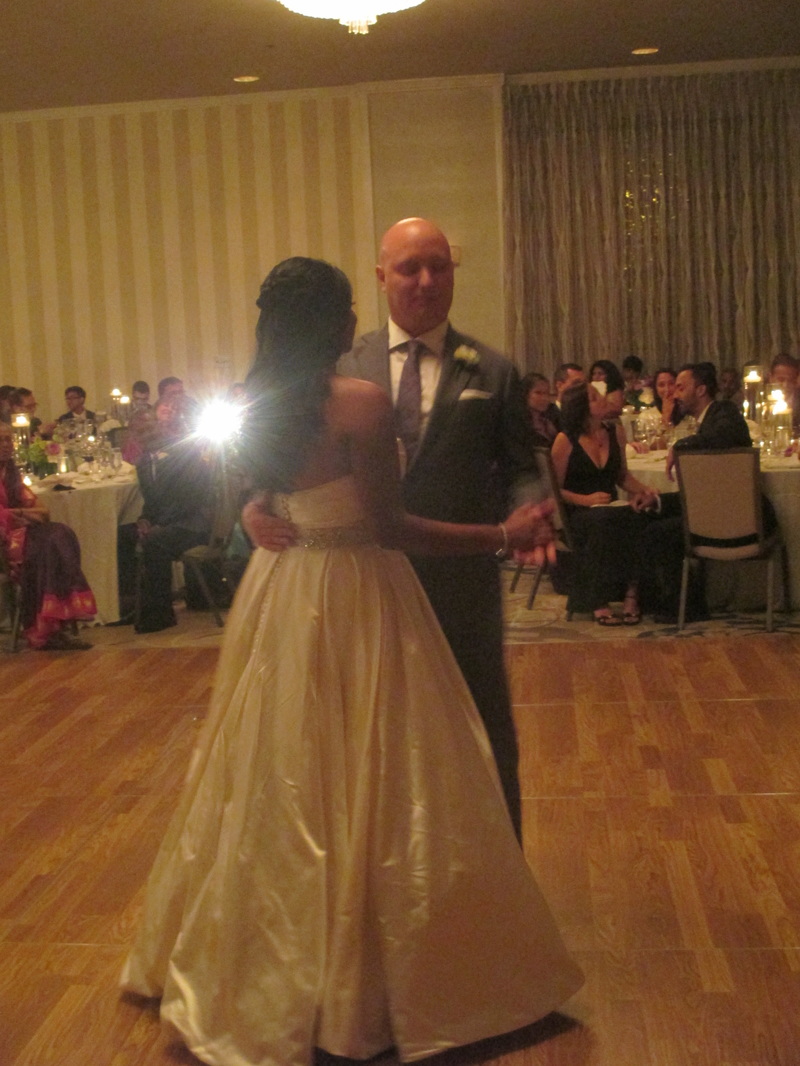
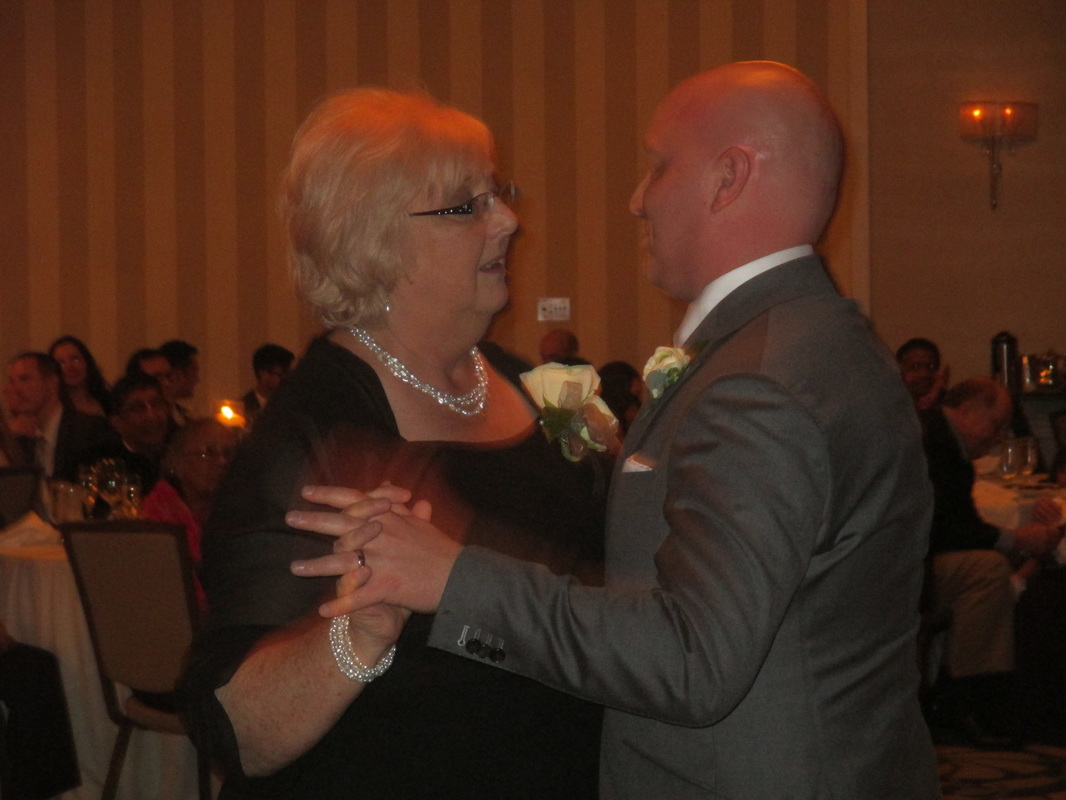
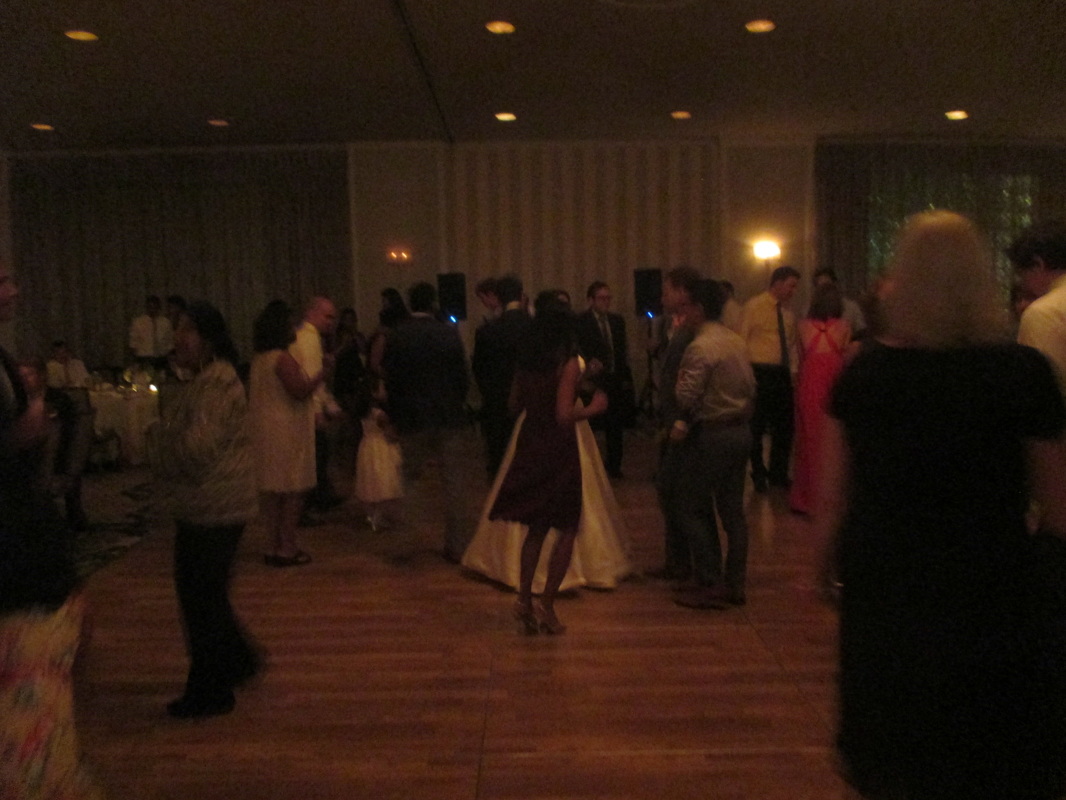
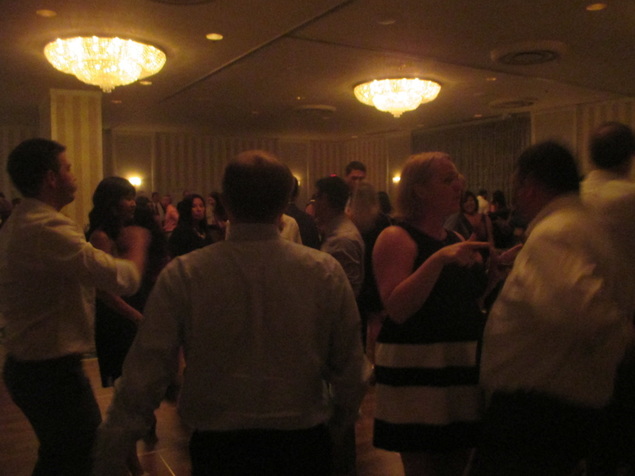
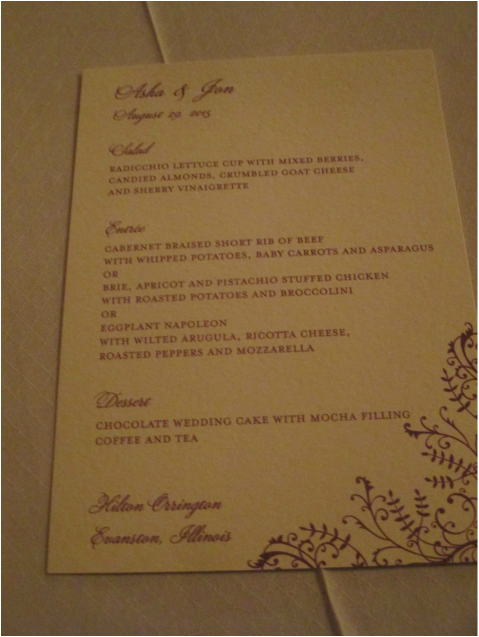
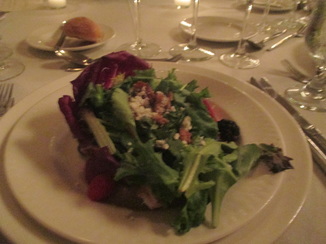

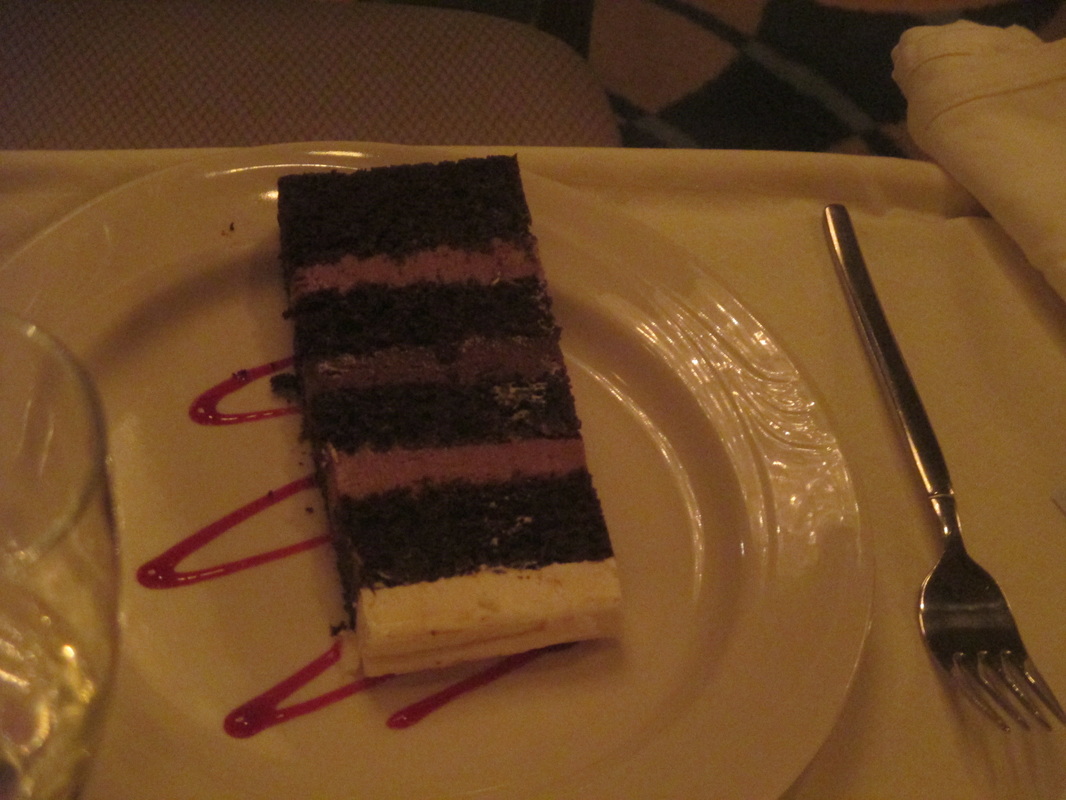

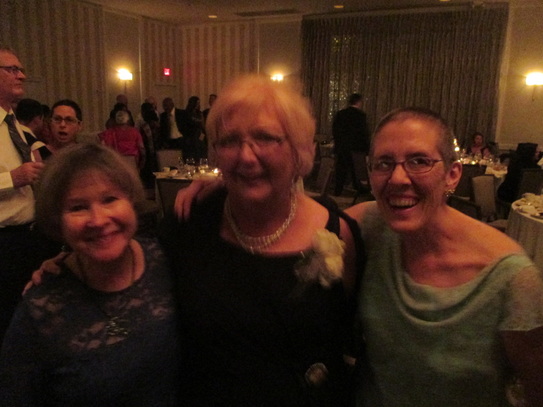

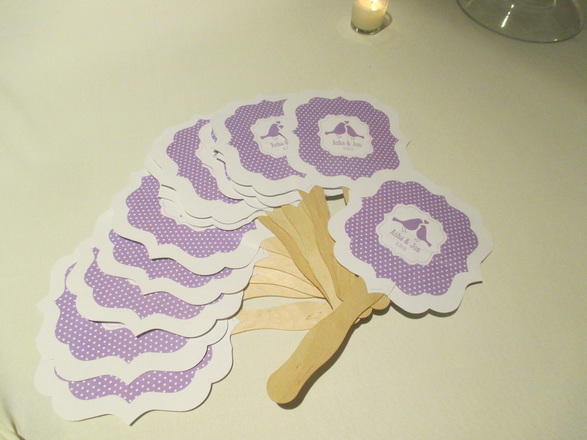




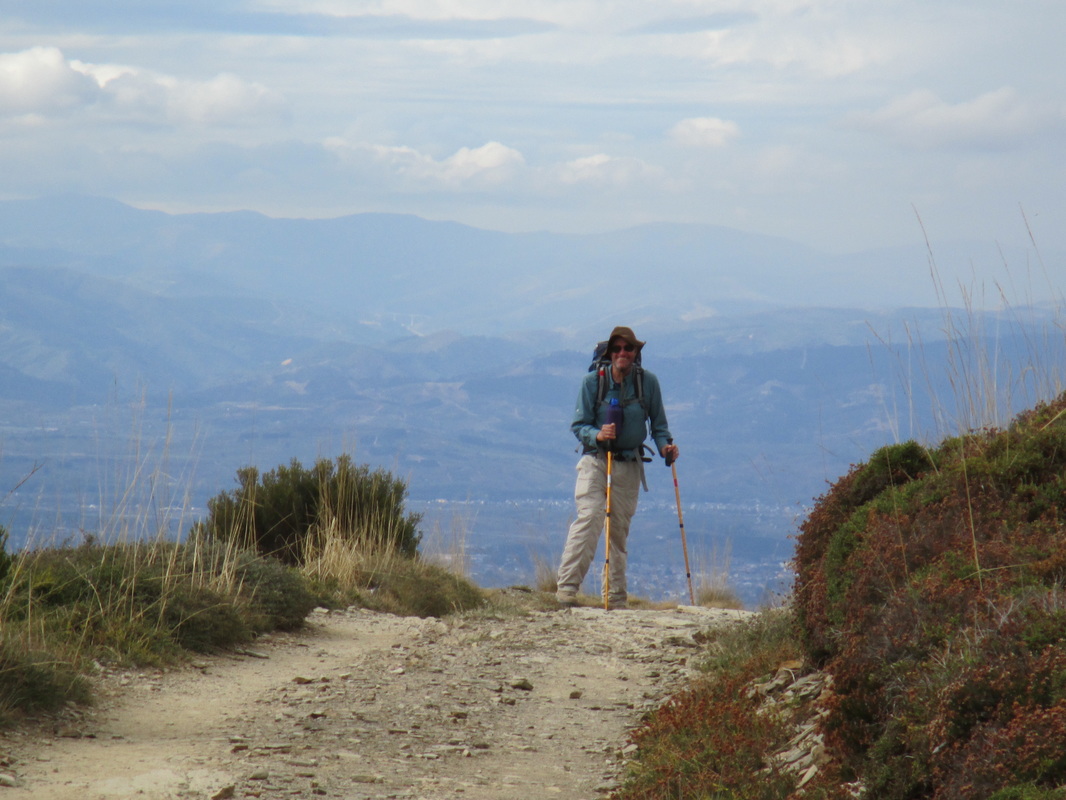


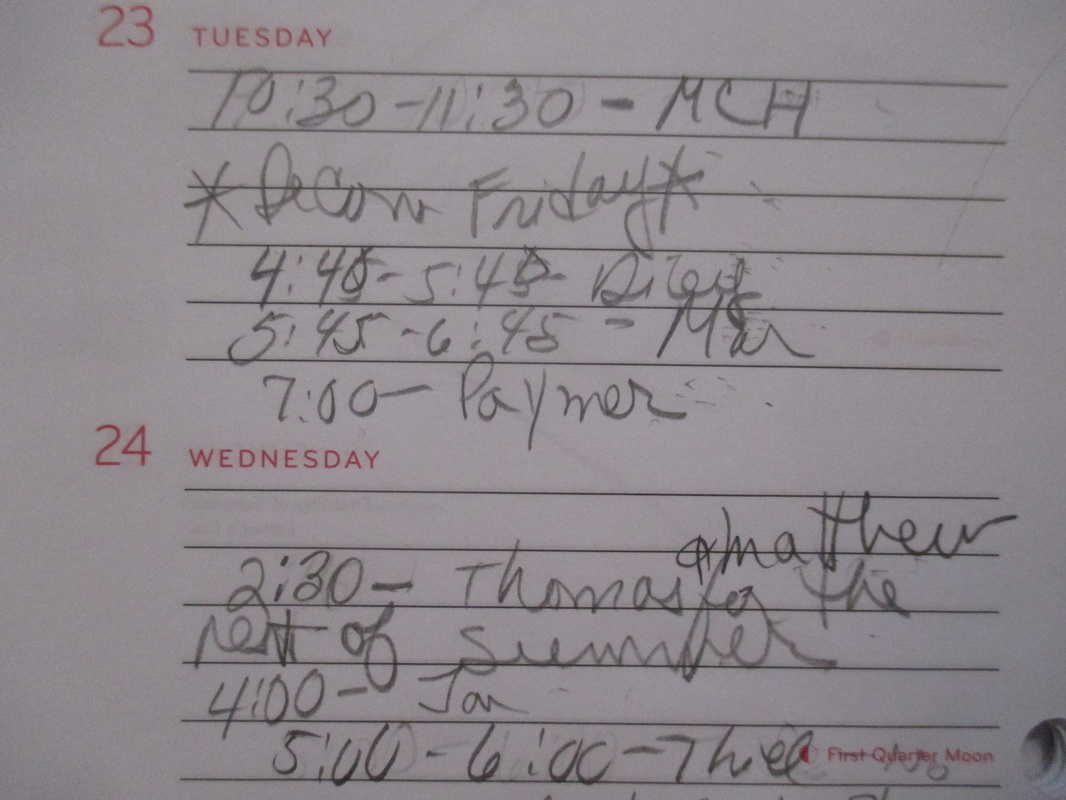
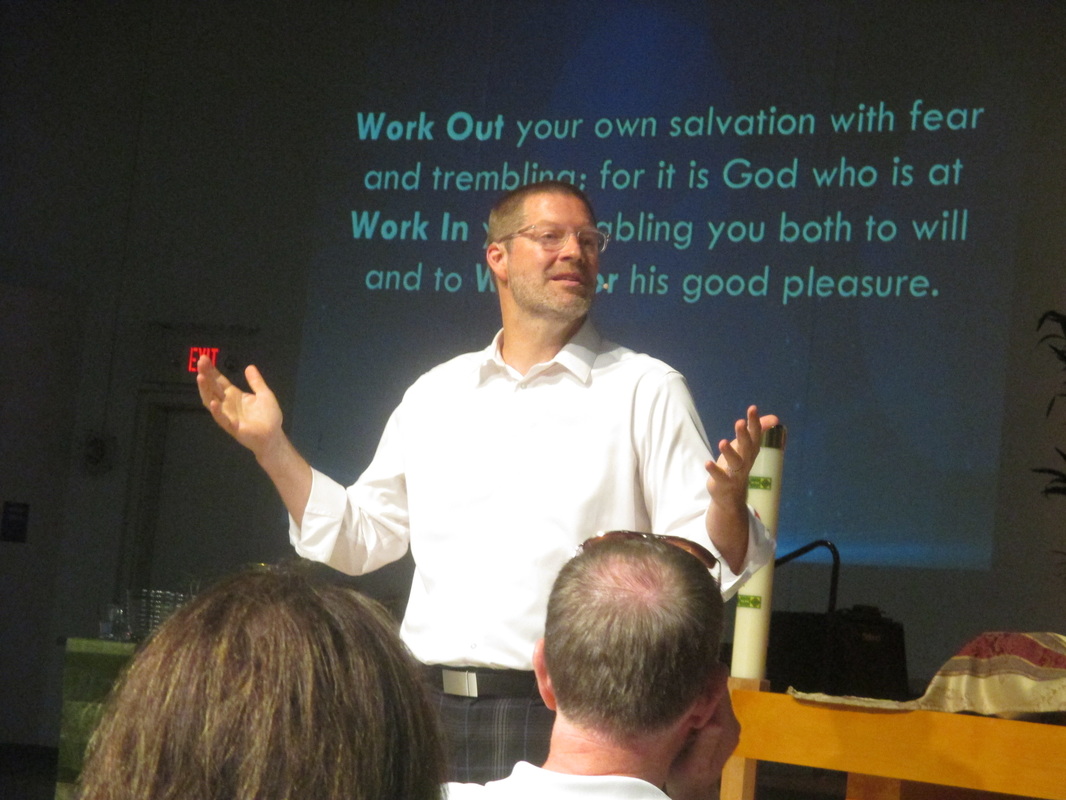

































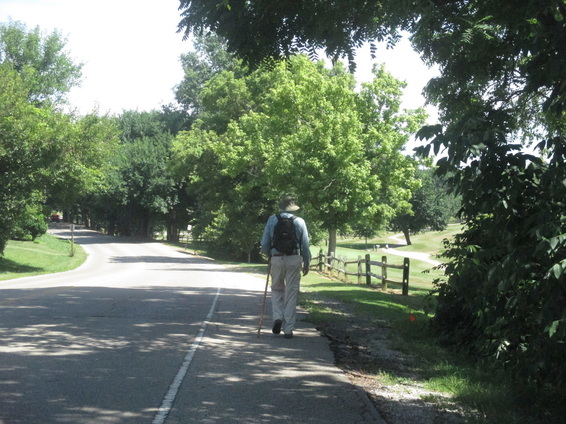




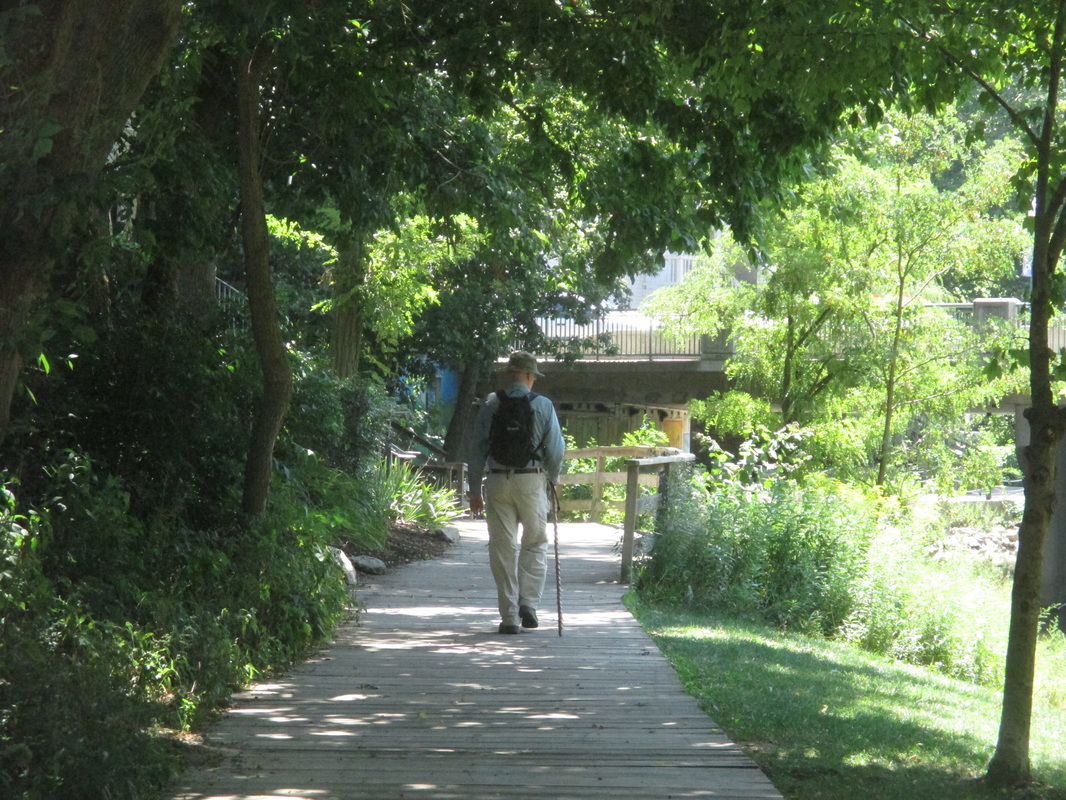







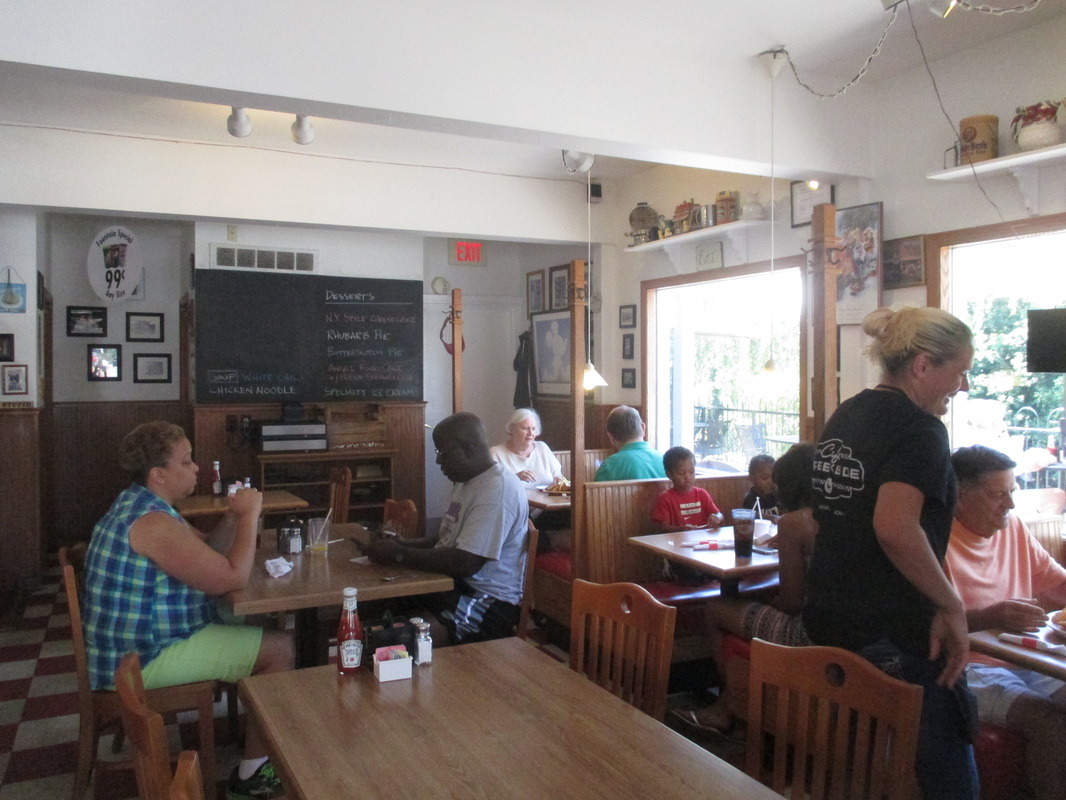

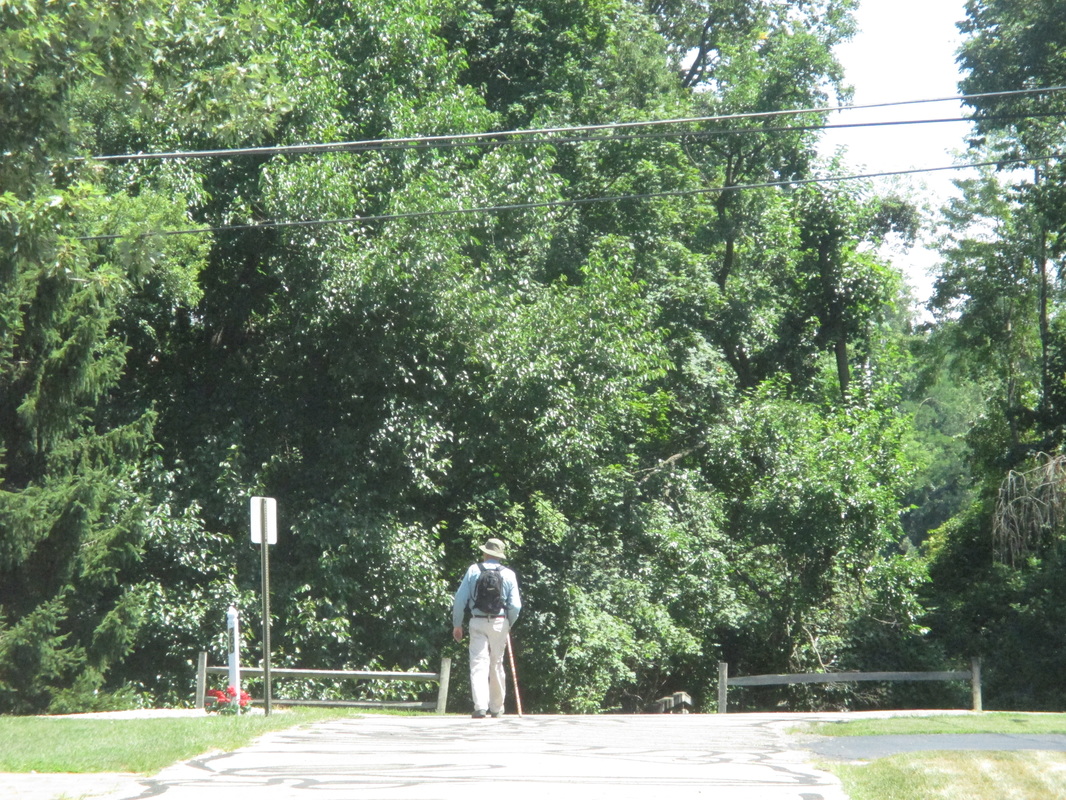

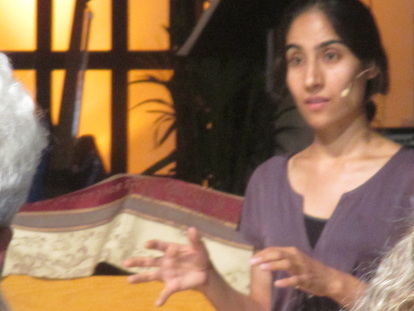

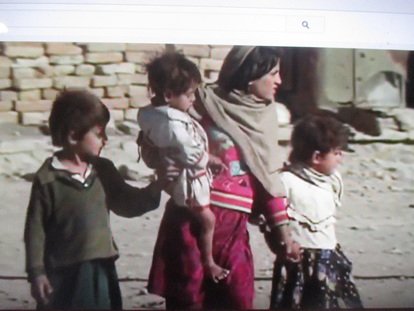
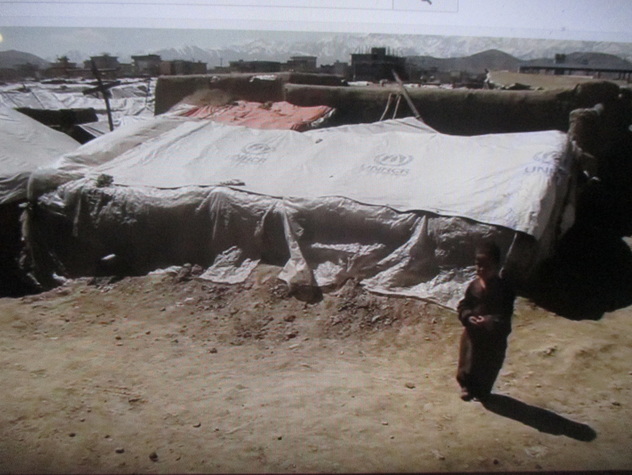

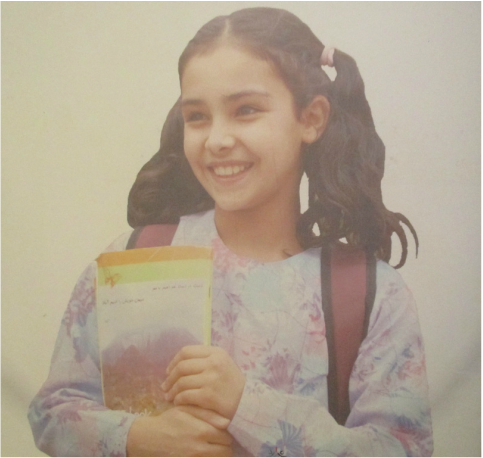
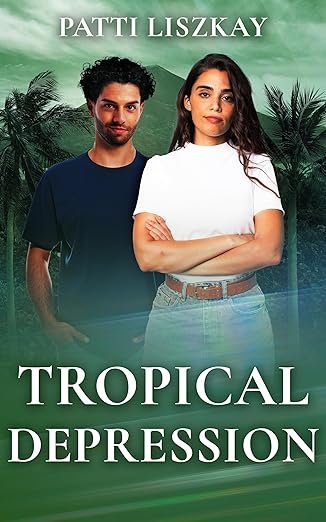

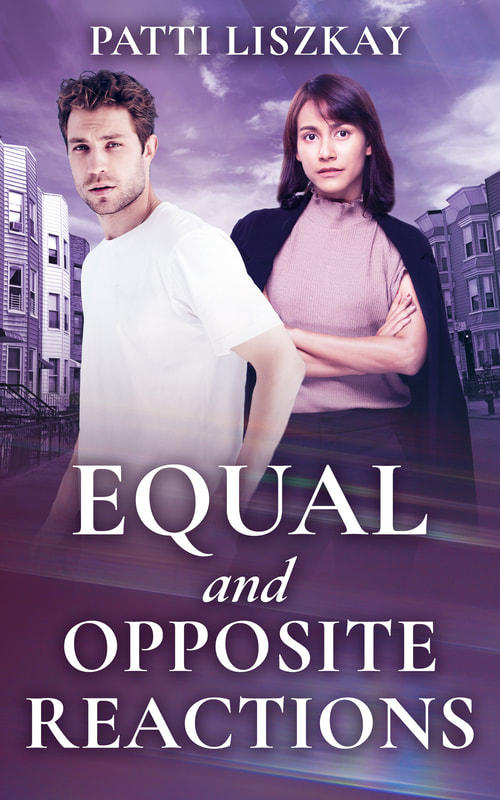


 RSS Feed
RSS Feed